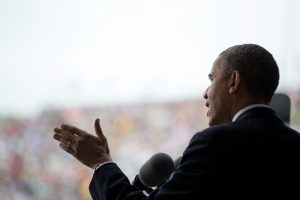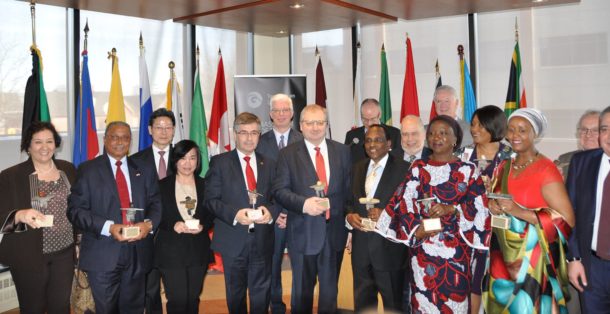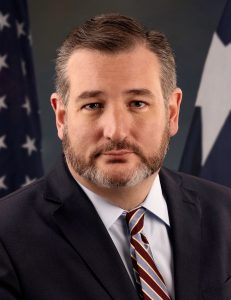devex.com; original article contains links Image and caption from article: Representative Ed Royce, outgoing chairman of the House Foreign Affairs Committee. Photo by: CSUF / CC BY-NC-SA
Image and caption from article: Representative Ed Royce, outgoing chairman of the House Foreign Affairs Committee. Photo by: CSUF / CC BY-NC-SA
Excerpt:
His father’s experience had a profound impact on Royce, who is retiring from U.S. Congress after serving as a Republican representative from California for 26 years, the last six of which he was chairman of the House Foreign Affairs Committee.
“The pictures of that concentration camp, the images there, the lesson of what happens when the U.S. is not engaged, the lesson of what happens during a period of isolationism, as was our policy at the time, and then all hell breaks loose,” Royce said recently at a U.S. Global Leadership Coalition event.
“The lesson of the cost of that in human lives — 6 million Jews in those camps and 50 million others around this globe who lost their lives — teaches you the importance of a focus on human rights, on human freedom, on the support for the infrastructure of public diplomacy [JB emphasis] and our State Department, and our support in particular for the work that USAID [U.S. Agency for International Development] does in development work.”
“Absent this engagement, you see the consequences down the road where things spiral out of control.”
Royce channeled the personal passion for effective and robust U.S. foreign aid programs into accomplishments on numerous development and humanitarian issues throughout his career in Congress — from programs in Africa to reforming U.S. food assistance, to helping create a new U.S. development finance institution through the Better Utilization of Investments Leading to Development Act.
While some Republican politicians campaigned against U.S. foreign assistance, Royce cultivated a bipartisan coalition dedicated to advancing American interest through foreign aid programs. He saw how a strong U.S. foreign assistance program could have benefits in converting countries from aid to trade, forging soft power relationships, countering adversaries such as China, and protecting national security.
This drove Royce to remain supportive despite White House requests over the last two years to slash the foreign aid budget. Along with his Senate counterpart, Republican Senator Bob Corker of Tennessee, who served as chair of the Senate Foreign Relations Committee and is also retiring, Royce worked to ensure that U.S. aid funds were not a casualty of the “America First” era.
“We were able to familiarize the members of the committee in their travels overseas,” Royce told Devex in an interview. “They understood the importance of the reforms which we were implementing in terms of U.S. national security and they understood the costs … They knew that the United States needed to be engaged, needed to lead.”












